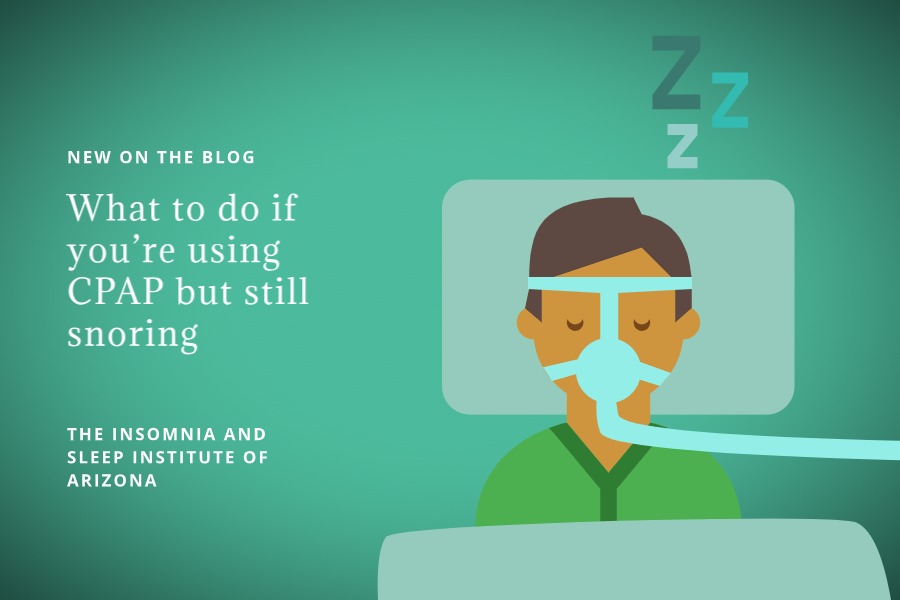If you’re still snoring with a CPAP (Continuous Positive Airway Pressure) machine, your settings may need adjustment. It’s crucial to work closely with your healthcare provider or a sleep specialist to address any issues.
Here are a few potential reasons why you might still be snoring with CPAP and things to consider:
- Incorrect Pressure Settings: The pressure settings on your CPAP machine may not be optimized for your specific needs. Your healthcare provider can adjust the pressure based on the results of your sleep study or your individual requirements.
- Mask Issues: If your mask doesn’t fit properly or is leaking, it can compromise the effectiveness of the CPAP therapy. Make sure your mask is fitted correctly, and consider trying different mask styles if necessary.
- Nasal Congestion: Congestion or blockage in your nasal passages can interfere with the proper functioning of the CPAP. Clearing nasal passages using saline sprays or other methods might help.
- Weight Changes: Significant weight changes can impact the effectiveness of your CPAP therapy. If you’ve gained or lost weight since starting CPAP, it may be necessary to adjust your settings accordingly.
- Mouth Breathing: If you are breathing through your mouth, the CPAP pressure might not be as effective. In such cases, a full-face mask or a chin strap to keep your mouth closed may be recommended.
- Other Sleep Disorders: There could be underlying sleep disorders or issues not addressed by CPAP alone. It’s essential to communicate any ongoing concerns with your healthcare provider to explore other potential causes.
If you experience snoring while using CPAP, you should schedule an appointment to see a sleep specialist who can properly diagnose and address issues related to your CPAP therapy.





